In recent years, Vietnam's water resources have become increasingly scarce, declining in both quantity and quality. The reason is that climate change is becoming increasingly serious, directly affecting water resources, accompanied by severe droughts and floods while the demand for water is increasing, causing a water crisis.

Staff of the Quang Tri Center for Natural Resources and Environment Monitoring conduct river water quality monitoring - Photo: TN
According to statistics, Vietnam has 3,450 rivers and streams, of which 405 are inter-provincial rivers and streams; 3,045 are intra-provincial rivers and streams. Climate change is directly and deeply affecting Vietnam's water resources, changing the natural water cycle.
This causes extreme weather events, reduces water quality and resources, increases saltwater intrusion and rising sea levels.
In addition, the use of water in agricultural production also poses challenges to the water supply system; thousands of irrigation and hydroelectric dams to ensure water security are deteriorating, potentially posing a risk of insecurity. On the other hand, water pollution is also a major problem for the country, affecting public health and socio-economic development.
Recognizing the challenges, in recent years, Quang Tri province has implemented many practical solutions, contributing to raising awareness of Party committees, authorities, organizations and people about responding to climate change.
Forming awareness of exploitation, economical and effective use and protection of water resources through conferences to disseminate policies and laws on environmental protection and climate change response.
Organize propaganda about World Environment Day, Vietnam Sea and Islands Week, World Oceans Day, World Meteorological Day, Earth Hour... every year with many rich and practical forms...
In particular, it is necessary to enhance the resilience and adaptive capacity of the community, economic components and ecosystems by implementing planning for management, exploitation, use and protection of groundwater resources in the province's delta; and develop planning tasks for the Ben Hai and Thach Han river basins.
The Provincial People's Committee has approved the list of restricted areas for groundwater exploitation and registered for groundwater exploitation in the province. Units operating in the exploitation and use of water resources in the province must install, manage and operate equipment to monitor water resource exploitation activities according to regulations and connect and transmit data directly to the Department of Natural Resources and Environment.
Implementing climate change adaptation activities in the agricultural sector with the province actively transforming crop structure, applying science and technology to production; researching, selecting and applying crop varieties that can adapt to climate change; promoting the application of high technology, developing organic agriculture and forming a synchronous and sustainable agricultural economic ecosystem. Aquaculture continues to be developed in association with diversifying farming objects, farming methods, and managing farming area planning, especially shrimp farming on sand.
Implement flood prevention solutions for urban areas; invest in the construction of traffic works for rescue and relief to support evacuation plans when natural disasters occur; implement dredging projects at Cua Viet and Cua Tung ports...
Actively completing the urban infrastructure system, ensuring green growth and responding to the negative impacts of climate change, creating a sustainable living environment for urban residents. With loans from the French Development Agency, Quang Tri province is implementing the project "Developing the Central Coastal Urban Area towards green growth and responding to climate change in Dong Ha city" with a total investment of 42.37 million Euros.
The project has the following components: reinforcing river banks and canals to increase drainage capacity; upgrading the quality of urban infrastructure space; upgrading and renovating urban infrastructure systems in low-income residential areas; providing technical support and consultancy. The goal is to improve the living conditions of people in Dong Ha city; support the city in improving its ability to adapt to extreme weather conditions, making Dong Ha a model for long-term sustainable urban development.
In 2022, Quang Tri province completed the construction of a local climate change database and actively supported state agencies in managing, monitoring, supervising, evaluating and proposing solutions to adapt to climate change and reduce greenhouse gas emissions...
Ensuring safety for irrigation systems and disaster prevention works by paying attention to investing in upgrading agricultural and rural infrastructure to adapt to natural disasters in the context of climate change...
On September 6, 2023, the People's Committee of Quang Tri province issued Decision No. 2019/QD-UBND on "Action plan to respond to climate change in Quang Tri province to 2030, with a vision to 2050", in which, in the field of water resources, it is necessary to develop and implement a plan to regulate and allocate water resources; improve the effectiveness of water resource management in a unified and integrated manner to meet the water use needs of sectors and localities in the province; monitor the exploitation, use and protection of water resources; prevent, combat and overcome consequences and harms caused by water according to the provisions of law.
Organize response and remediation of water pollution incidents; investigate and assess the carrying capacity of rivers and lakes that are intra-provincial water sources. Ensure water resource security; cooperate and share benefits to ensure fairness and rationality in exploitation, use, and resolution of water pollution incidents, and develop international water resources on the Sepon River and the Sebanghieng River...
It can be affirmed that, with specific and positive solutions, Quang Tri province is effectively managing and using water resources to adapt to climate change.
Tan Nguyen
Source


![[Photo] Prime Minister Pham Minh Chinh receives CEO of Standard Chartered Group](https://vstatic.vietnam.vn/vietnam/resource/IMAGE/2025/4/2/125507ba412d4ebfb091fa7ddb936b3b)


![[Photo] Prime Minister Pham Minh Chinh receives Deputy Prime Minister of the Republic of Belarus Anatoly Sivak](https://vstatic.vietnam.vn/vietnam/resource/IMAGE/2025/4/2/79cdb685820a45868602e2fa576977a0)

![[Photo] General Secretary To Lam receives Russian Ambassador to Vietnam](https://vstatic.vietnam.vn/vietnam/resource/IMAGE/2025/4/2/b486192404d54058b15165174ea36c4e)
![[Podcast] News on March 27, 2025](https://vstatic.vietnam.vn/vietnam/resource/IMAGE/2025/4/2/de589137cda7441eb0e41ee218b477e8)
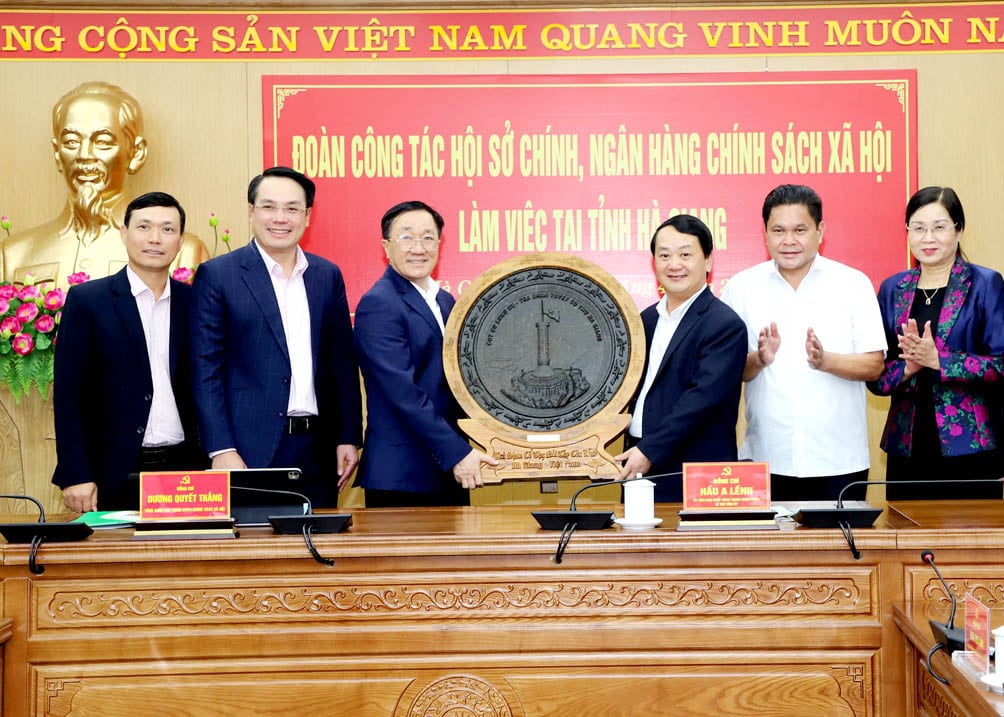
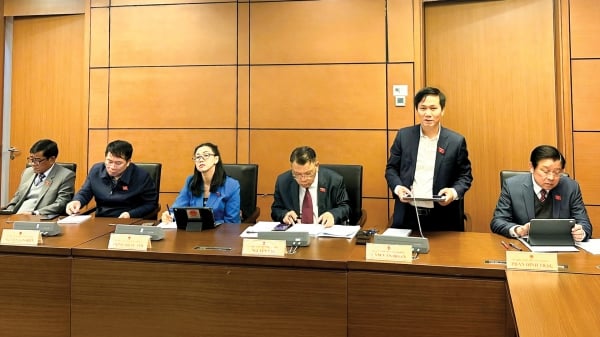

![[Podcast] News April 2, 2025](https://vstatic.vietnam.vn/vietnam/resource/IMAGE/2025/4/2/eaa5bcbdb47a439bb7c43a417033535c)
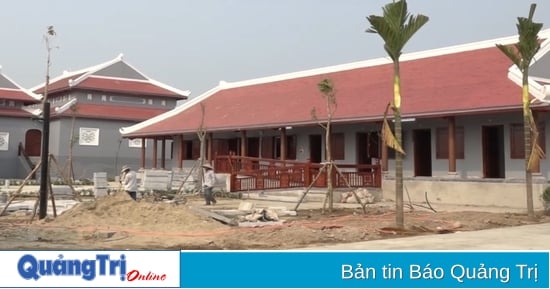

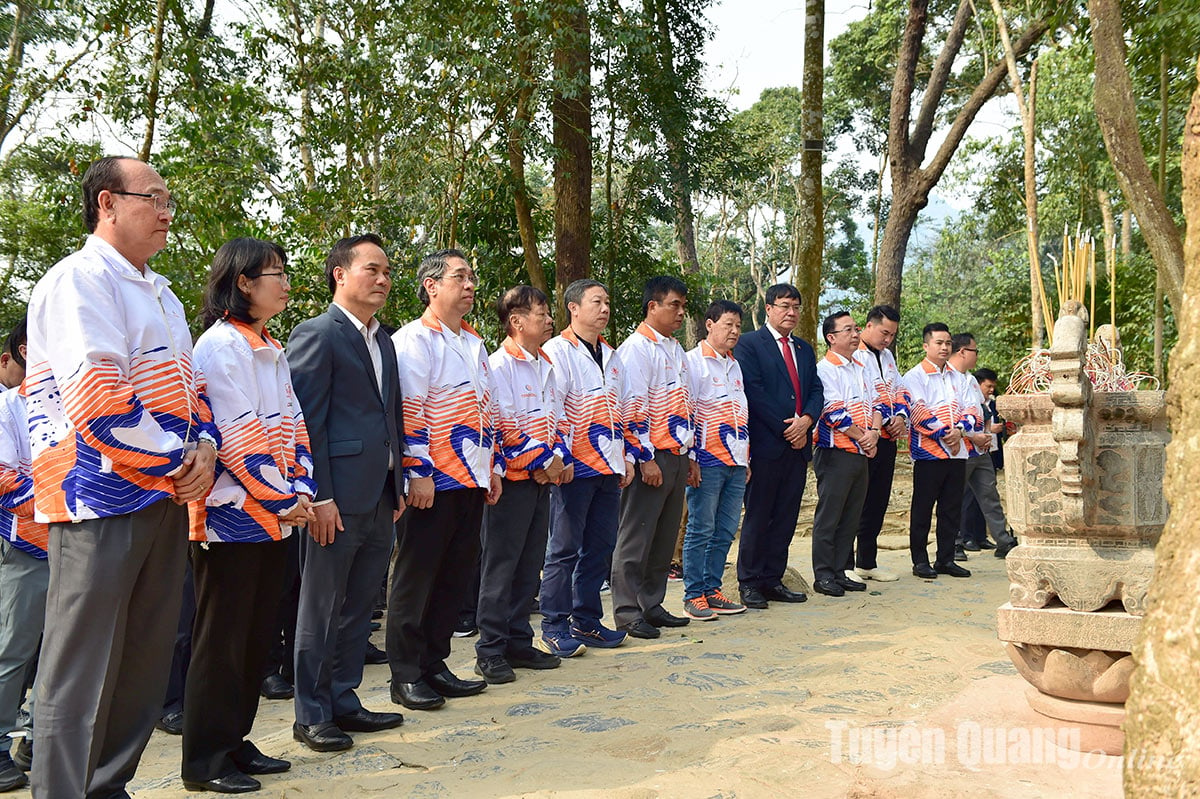
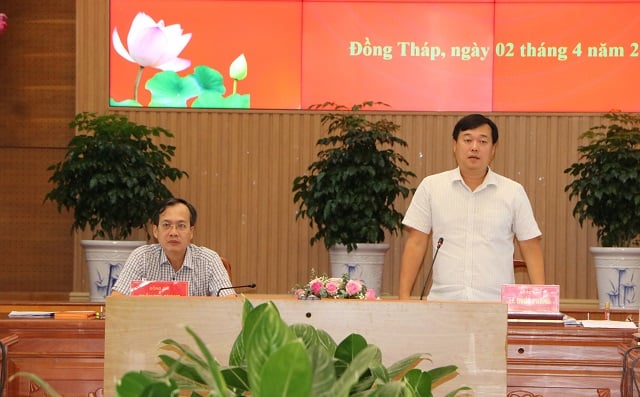


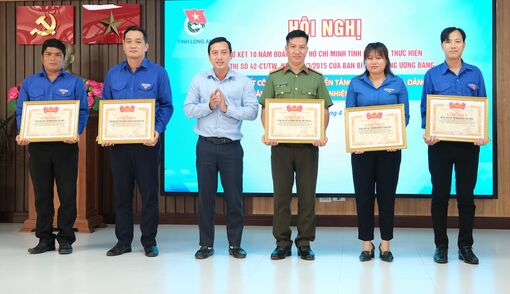




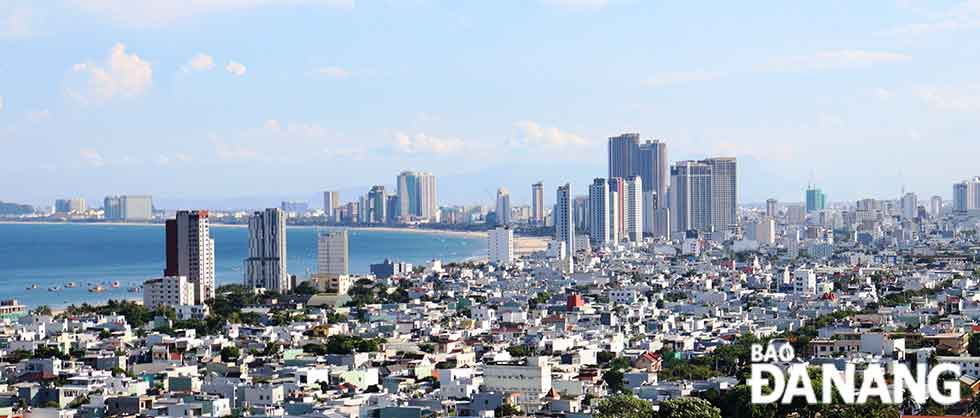
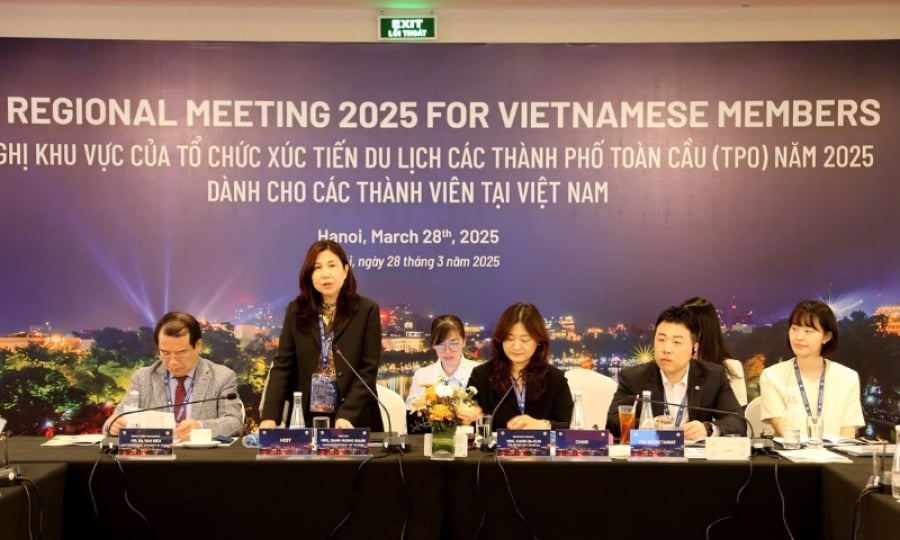
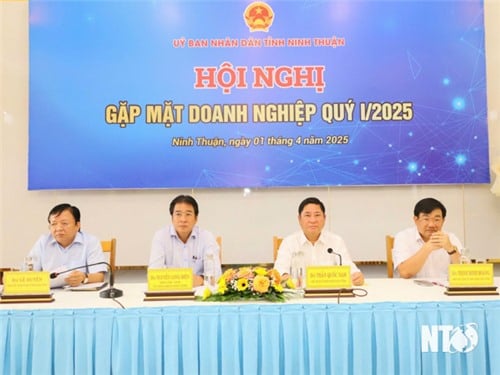


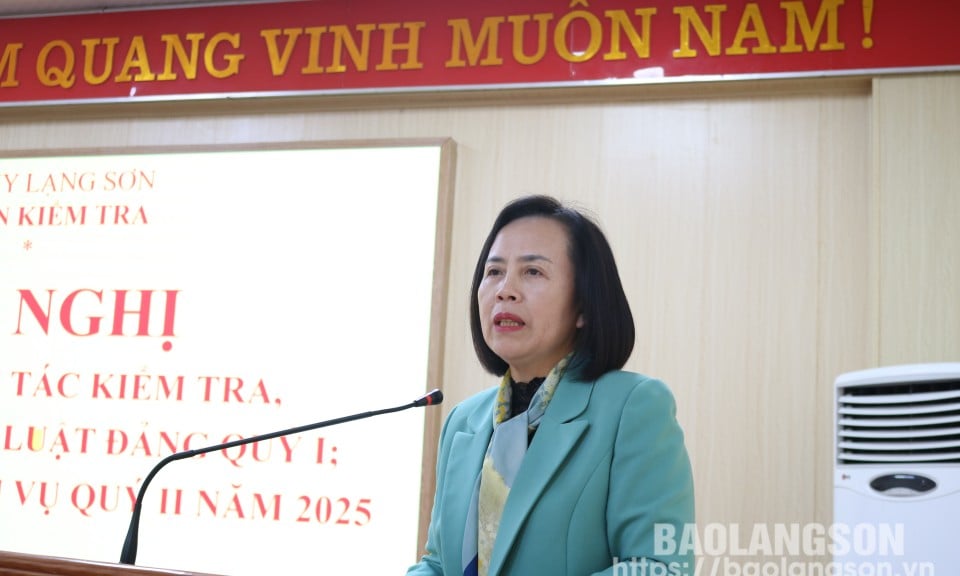













































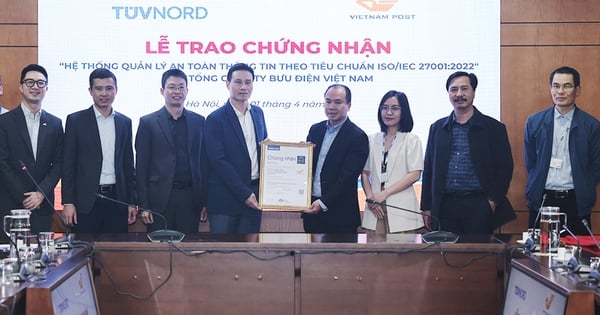














Comment (0)